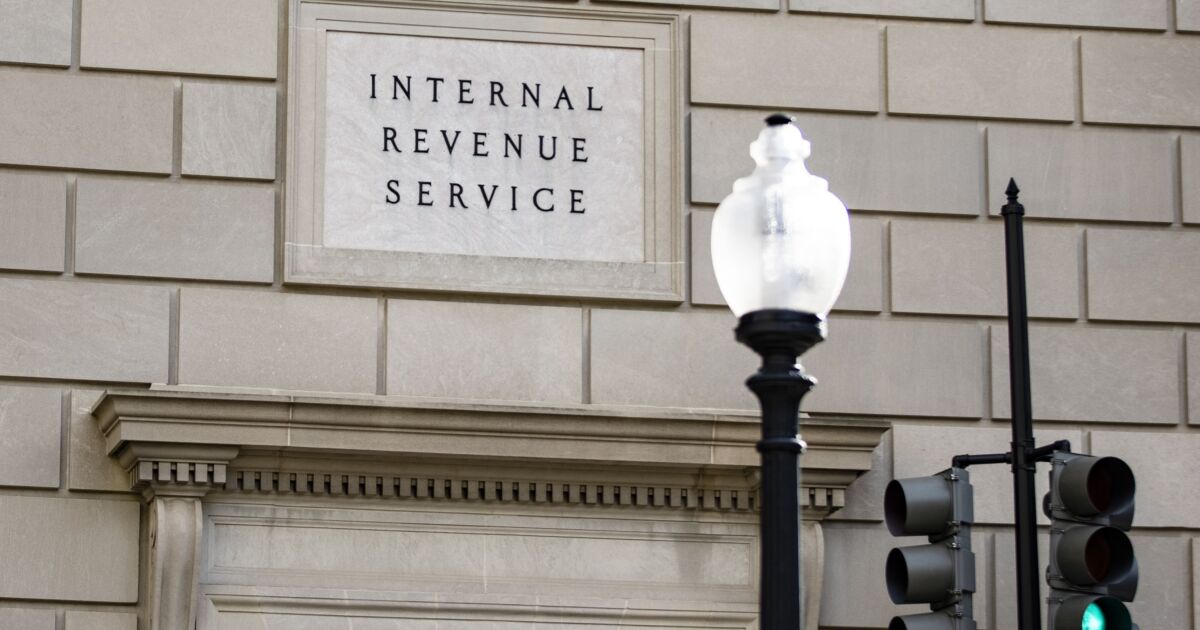Share and share alike; fleecing the flock; United they fall; and other highlights of recent tax cases.
Shreveport, Louisiana: Tax preparer Sharhonda Law, 39, of Haughton, Louisiana, has been sentenced to 20 months in prison, to be followed by a year of supervised release, for tax fraud.
She owned and operated Law’s Tax Service, where she was the sole preparer. Law prepared and filed a client’s 2019 federal return that included a fraudulent Schedule F that claimed the client had farming income and had incurred farming expenses and was due a refund. In fact, the client owed taxes for that year. Investigation also showed that Law’s client did not have a farm, nor did they tell Law they owned or operated a farm and had never provided Law with any of the farming-related income or expenses on the Schedule F.
Law pleaded guilty in November to one count of aiding and assisting in making and subscribing a false return.
She made similar misrepresentations on six other returns for clients and falsified her own income on two of her personal returns; she also failed to file returns for other years. The total criminal tax loss was $123,455, which Law was ordered to pay in restitution.
Evansville, Indiana: Marcie Jean Doty, operations manager for a property management business, has been sentenced to five years in prison, to be followed by three years of supervised release, after pleading guilty to wire fraud, failure to file returns and filing false returns.
Between May 2017 and June 2022, Doty stole some $1,803,466.38 from her employer via unauthorized checks and ACH transfers. She executed 99 unauthorized transfers, totaling $503,151.59, and wrote 279 unauthorized checks to herself, totaling $1,300,314.79. The funds were transferred from her employer’s bank accounts to her personal ones. Doty entered false information in the business accounting software, representing that the checks were written to her employer instead of herself.
In January 2017, Doty agreed to purchase a 25% equity share in her employer’s business. Doty used some of the money she stole via the scheme to make payments towards her purchase of the share.
For tax years 2018 through 2020, Doty didn’t report the income derived from her scheme, failing to report some $786,280.70. She also didn’t file returns for tax years 2021 and 2022, failing to report some $1,006,983.84 in income.
She has been ordered to pay $2,517,343.05 in restitution.
Crofton, Kentucky: Marvin Upton has been sentenced to two years and three months in prison, to be followed by three years of supervised release, for fraud and tax offenses.
Upton, until recently the pastor at local Crofton Pentecostal Church, was sentenced for three counts of bank fraud and three counts of filing false returns. From 2013 to 2016, Upton defrauded one of his elderly parishioners, who suffered from dementia. During that same time, Upton submitted multiple false returns that omitted income from the fraud.
Jacksonville, Florida: Exec Daniel Tharp has pleaded guilty to failure to pay taxes.
Tharp was managing director for Hangar X Holdings LLC, where he had the responsibility to collect and account for the company’s trust fund taxes from employees’ pay. From October 2014 through December 2019, the company paid wages to employees and withheld these, but Tharp didn’t pay the money to the IRS. In total, he caused the company to fail to pay over $1.2 million in such taxes.
He faces a maximum of five years in prison.
Detroit: A federal court in Michigan has issued an injunction against tax preparers Alicia Bishop and Tenisha Green, barring them from preparing federal returns for others.
The court previously barred Alicia Qualls, Michael Turner and Constance Stewart from preparing federal returns for others and previously barred the business for which all of the preparers worked, United Tax Team Inc., and United Tax Team’s incorporator, Glen Hurst, from preparing federal returns for others.
Hurst, United Tax Team, Qualls, Turner and Stewart consented to the judgments.
According to the complaint, Hurst incorporated United Tax Team in 2016, and was its sole shareholder and corporate officer. Hurst hired the return preparers — including Qualls, Bishop, Green, Turner and Stewart — who worked at United locations in the Detroit area and prepared returns for clients that included false information not provided by clients.
The complaint alleges that Qualls, Bishop, Green, Turner and Stewart each repeatedly placed false or incorrect items, deductions, exemptions or statuses on returns without clients’ knowledge, including, in various cases, fabricated Schedule C businesses; fabricated education expenses; improperly claimed pandemic relief tax credits; improperly claimed head of household status; and fictitious child and dependent care expenses.
Akron, Ohio: Tax preparer Mustafa Ayoub Diab, 41, of Ravenna, Ohio, has been convicted of orchestrating a financial conspiracy that defrauded the U.S. government of pandemic benefits.
Diab was found guilty on 12 counts of theft of government funds, 12 counts of bank fraud, 11 of wire fraud, six of aggravated ID theft and one count each of conspiracy to commit wire and bank fraud and to launder monetary instruments.
Diab owned and operated a tax prep business where he and his co-conspirator, Elizabeth Lorraine Robinson, 33, also of Ravenna, developed a scheme to take advantage of the Pandemic Unemployment Assistance Program and the Paycheck Protection Program. From around June 2020 to August 2021, Diab submitted fraudulent applications for pandemic unemployment benefits and small-business assistance for many of his tax prep business clients.
Without their knowledge, he lied about their employment or about their being small-business owners. Investigators also discovered that Diab opened bank accounts in his clients’ names to receive the benefit funds via direct deposit, which the clients did not have access to, along with accounts in the names of Robinson and Diab’s sister. When the relief money was deposited into these accounts, he withdrew the funds in cash for his personal use, buying real estate and cars and taking international trips.
Diab submitted fraudulent applications in the names of nearly 80 victims, causing the federal government to pay out more than $1.2 million in pandemic benefits that were deposited into the various bank accounts that Diab controlled.
Sentencing is July 28. He faces up to 30 years in prison.
Robinson previously pleaded guilty to conspiracy, wire fraud, bank fraud and theft of government funds; she awaits sentencing and also faces up to 30 years in prison.
Columbus, Ohio: A federal court has permanently enjoined tax preparer Michael Craig from preparing returns for others and from owning or operating any prep business.
Craig, both individually and d.b.a. Craig’s Tax Service, consented to entry of the injunction.
According to the complaint, many tax returns that Craig prepared made false and fraudulent claims, including losses for fictitious Schedule C businesses; claiming costs of goods sold for types of businesses that cannot claim these costs and without supporting documentation; inventing or inflating expenses for otherwise legitimate Schedule C businesses; and taking deductions for both cash and non-cash charitable deductions that are either exaggerated or fabricated.
According to the complaint, the IRS estimated a tax loss of more than $3.1 million in 2022 alone.
Craig must send notice of the injunction to each person for whom he prepared federal returns or refund claims after Jan. 1, 2022.


 Personal Finance1 week ago
Personal Finance1 week ago
 Accounting6 days ago
Accounting6 days ago
 Personal Finance1 week ago
Personal Finance1 week ago
 Personal Finance1 week ago
Personal Finance1 week ago
 Personal Finance1 week ago
Personal Finance1 week ago
 Economics1 week ago
Economics1 week ago
 Economics1 week ago
Economics1 week ago
 Finance6 days ago
Finance6 days ago












